Math and physics were always big subjects for me at school. This meant that I could narrow down what I later wanted to study. I also had some knowledge of programming but wasn't so interested in it that I would’ve gone for a course in IT. That would have been a bit too much! As I also find physics extremely interesting, electrical engineering was then the ideal combination of the two. I thus knew that this is what I wanted to study. I then needed to find out which specific course I wanted to go on as there are several options here. I could have simply studied straight off at university but the added appeal of a dual work-study course was that I could apply in practice what I’d learned in theory. Plus you already start earning money. I then started to look where I could apply and hit upon KHS. I have to say, by the way, that not many companies offer this degree course. At my interviews I was most impressed by the way KHS presented itself and was very pleased that I was quickly accepted for the dual work-study course.
I finished in July 2021. Things actually went really quickly as I was able to shorten my period of training from 3.5 to 2.5 years, with my university course lasting six instead of seven semesters like with other electrical engineering degrees. I’ve therefore already been at KHS for over three years now.
In the course of my training and studies I committed myself to working for KHS for two years but would have wanted to stay at the company anyway without this obligation. At the moment I’m training to be a junior development engineer. I work in Inspection Technology and Labeling and must say that I really like it here, even though I’ve only been here for just a few weeks.
My job’s very diverse and extremely practical, with lots of different tasks to master. We deal with various sensor and actuator systems – from simple light barriers to image processing. There are HMIs and PLCs to be programmed and we work with lots of different machines (cold glue, hot melt and self-adhesive labelers) and systems (label inspection, bottle orientation systems or BOS, empty bottle inspection, cap inspection and so on), especially in inspection technology.
My job has prospects and gives you the chance to not just work in the office but also explore the practical side of things. Most importantly, this is a career that’s future proof; electrical engineers are in desperately short supply. I’d thus clearly recommend this job.
My tasks can be sorted into several different stages. To start with, you’re assigned a project where the exact expectations and required solutions first have to be coordinated. Once you’ve come up with a possible solution, in the best case you again talk this through with an experienced colleague. Then comes the implementation phase, during which the solution is tried out in practice on the machine. This is the really fun part. We have a test rig set up here for this purpose, consisting of a labeling machine we can run regular tests on. This is how you can imagine the rough sequence of events in our department. As a beginner, I have quite a lot of questions but that’s not a problem. Much of our focus is on the programming of the labeler. When an engineer plans something new, I help with the programming. In the future I’d also like to do more with drive technology.
“Ultimately, testing the machine shows what impact the programming has had.”
The most important aspect is actually the programming. The difference between programming a desktop or web application and a machine is huge; this is ultimately what clinched it for me. When it comes down to it, it’s the machine I’m more interested in as this is practical, hands-on work. Ultimately, testing the machine shows what impact the programming has had. You need a solid technical background to understand what you’re actually doing here. I find this very interesting.
Looking back, I actually knew very little. I thus learned on the job, going into greater depth on my university course until I had advanced knowledge of the subject. You study the real programming basics at university and when writing your bachelor’s thesis, which you then apply and intensify in practice at KHS. I therefore didn’t have any great knowledge before I started, apart from my basic math from school and my personal interest.
While I’m still a trainee there are plans for me to take part in a commissioning assignment. I’m already really looking forward to this, as I’ll then be able to see the machine live at a customer plant. What’s more, during commissioning you can learn a lot about how the machine works, thus speeding up the induction process.
As a rule, young professionals starting out in development always have a slight gap in their knowledge. By the end of your degree, you’ve amassed a vast amount of knowledge – but a lot of it’s just theory. There’s so much more to learn in practice, however. For example, at university you learn how a sensor physically functions but not how it’s potentially parameterized or how it has to be connected up to the control unit. In addition, your programming style also improves in time as you program. It’s easiest if you regularly ask questions as soon as they arise; you learn best this way. In the end, this also saves time and you achieve your aim quicker.
I’ve played handball in a team for around 14 years. I really love it and it’s also a great way to let off steam after work.
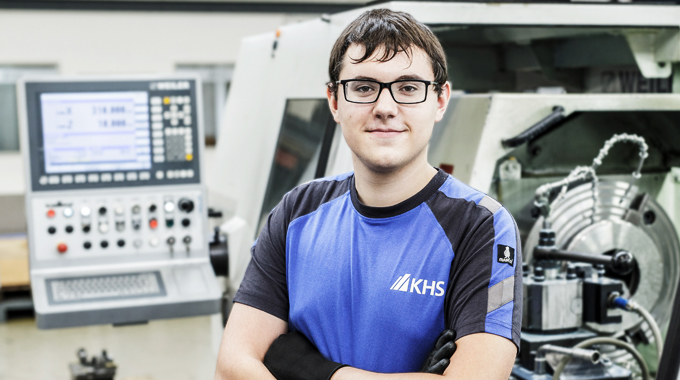
“This exciting branch of industry and the good chance of being hired by KHS had me convinced.”
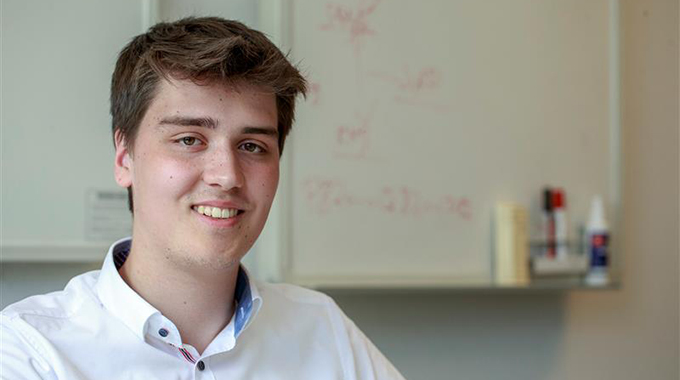
“What I especially liked about KHS was the fact that it’s such a large company with a top position in its branch of industry.”
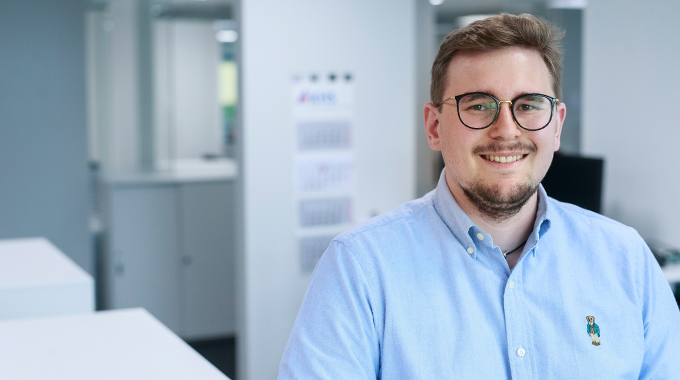
“As a dual work-study student you’re integrated into the company processes really quickly.”
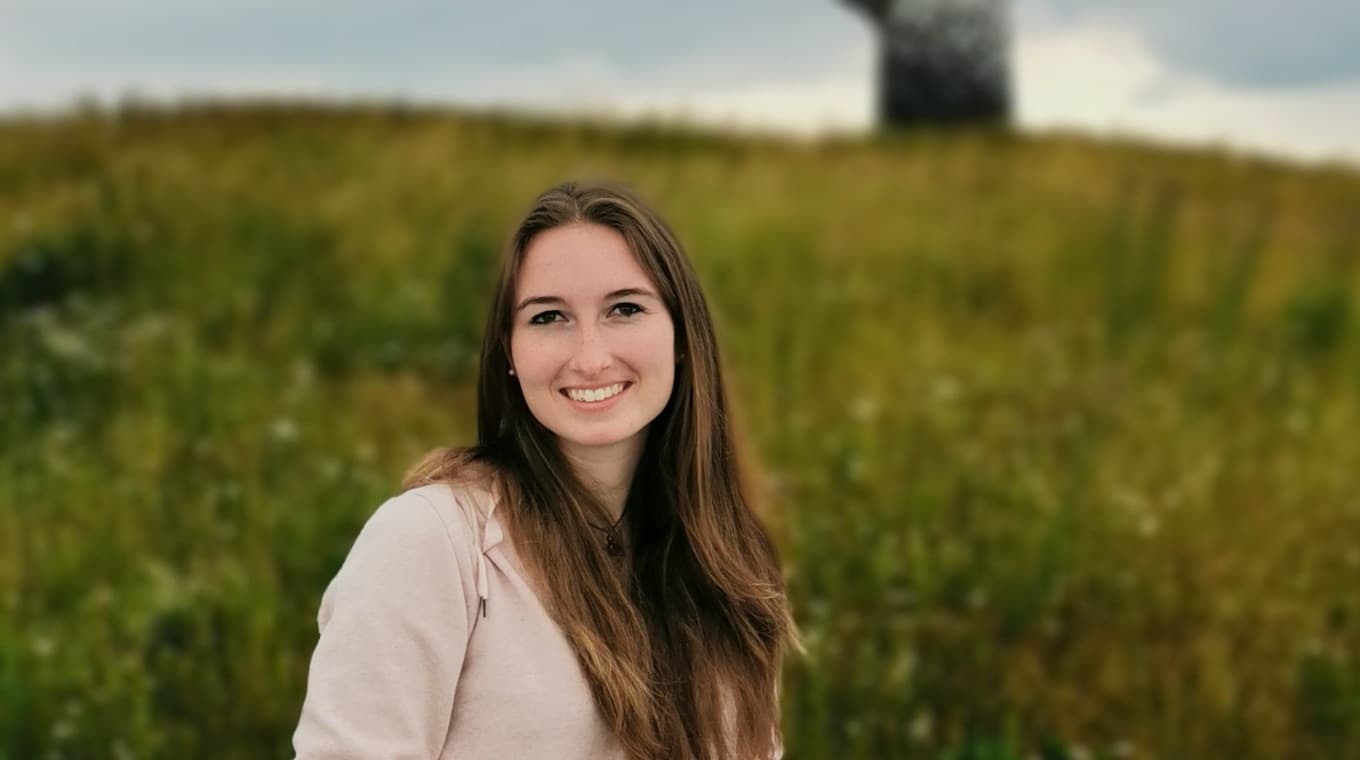
“The insights you have into all departments allow you to build up your knowledge very quickly.”
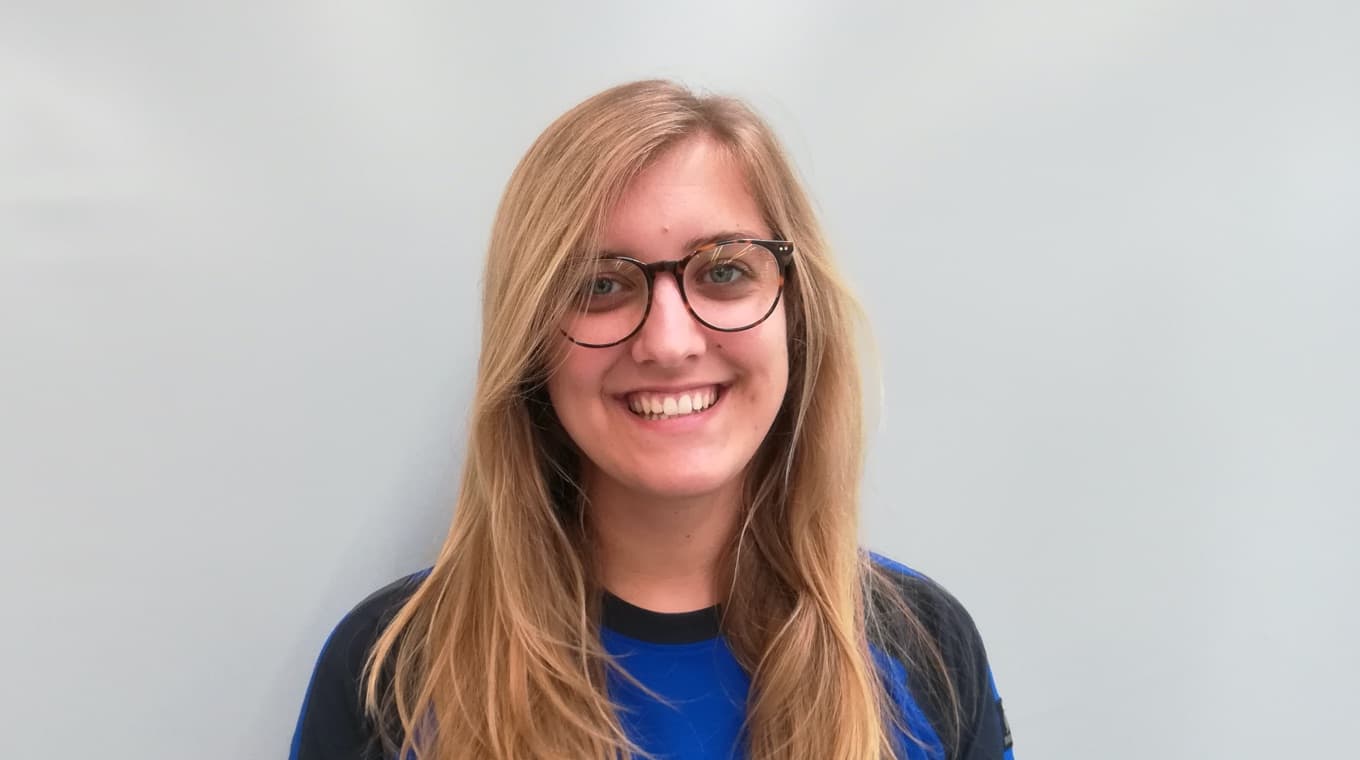
“The dual work-study program is all about gaining work experience early on in your career and having quick practical reference to the theory. This was important to me.”
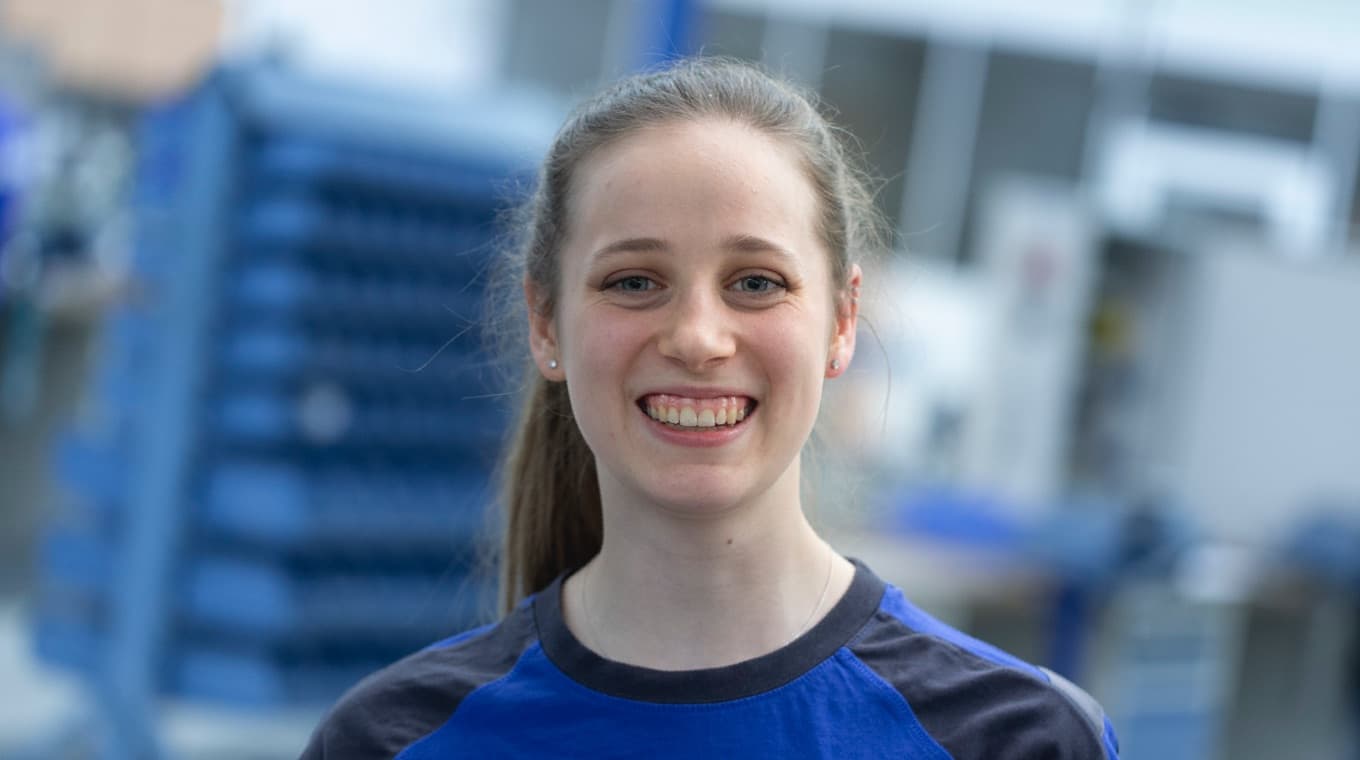
“As a mechatronics engineer you have good future prospects and in time can specialize in a certain field.”
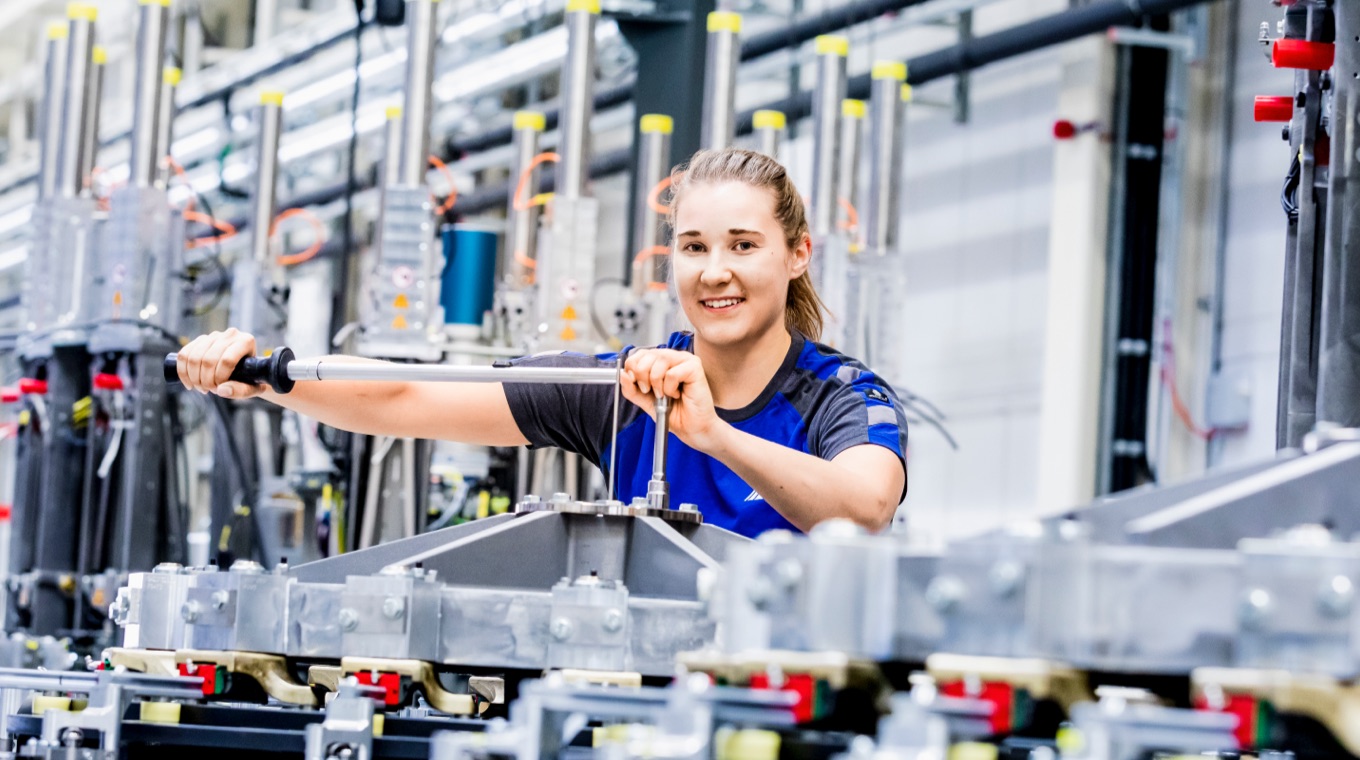
“What I particularly liked about my training course was that you’re free to develop your skills at KHS.”
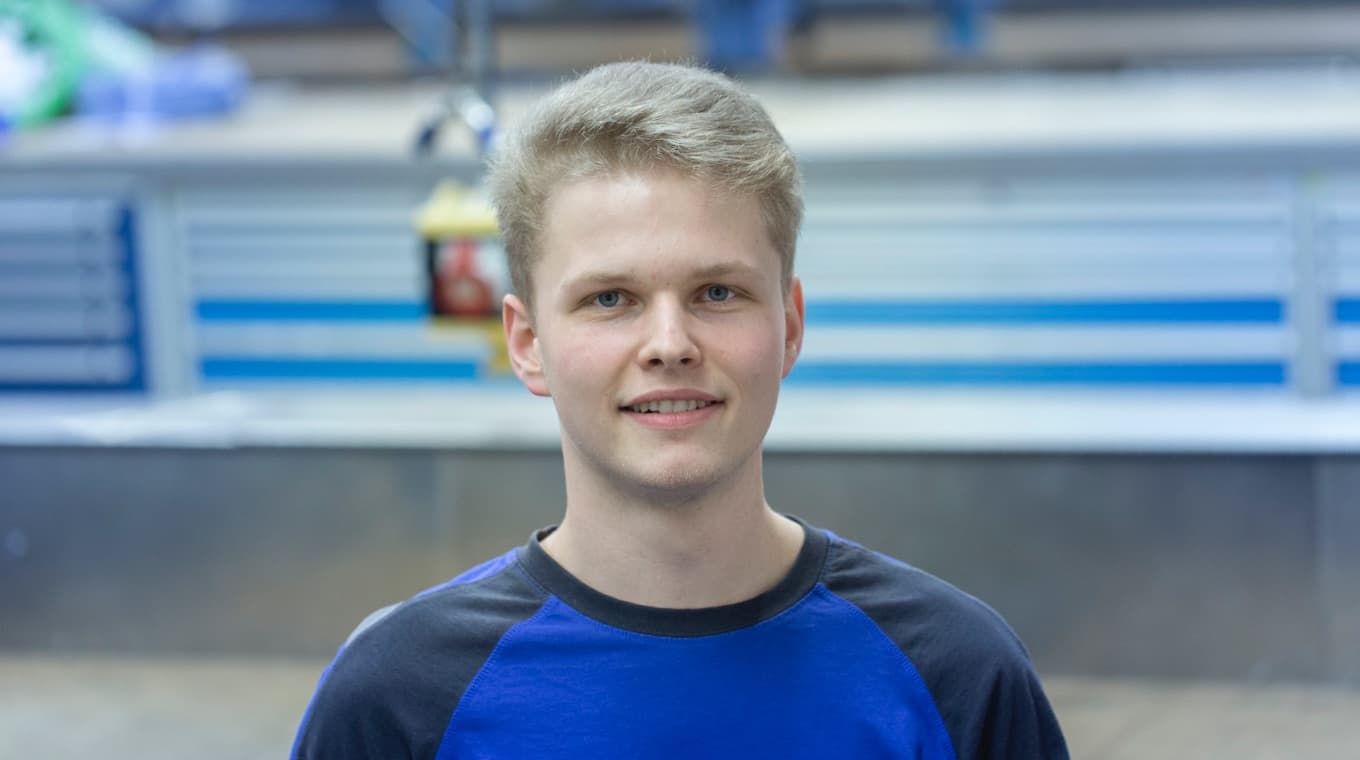
“Even as a little boy I always tried to repair everything myself – and was usually successful.”